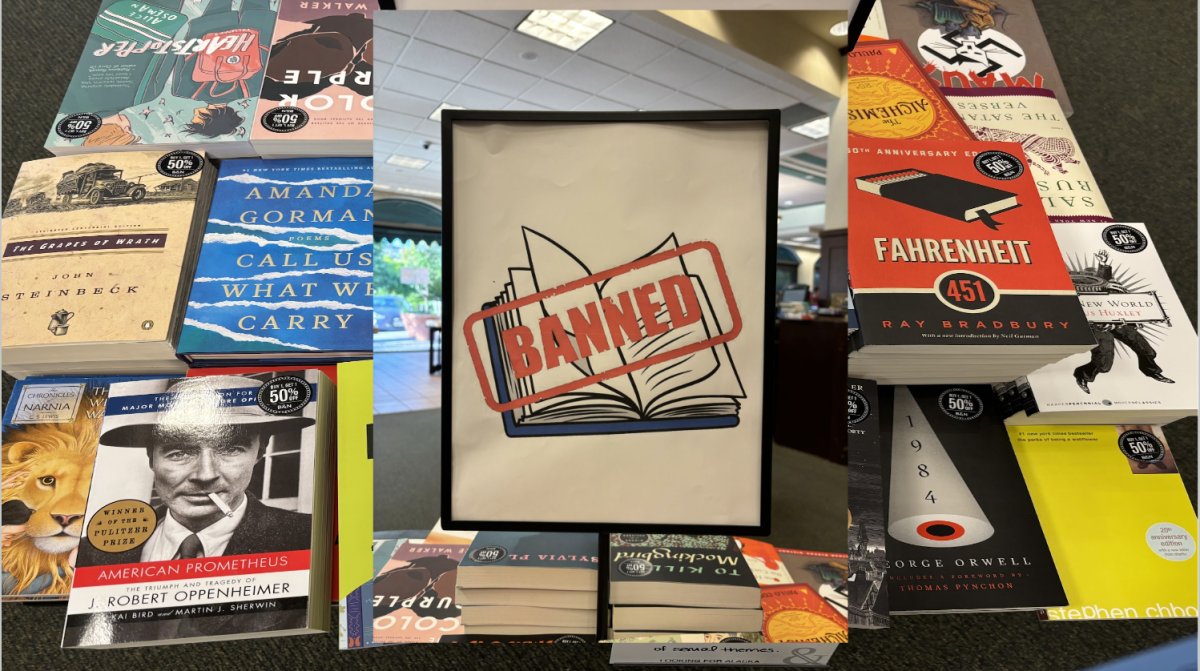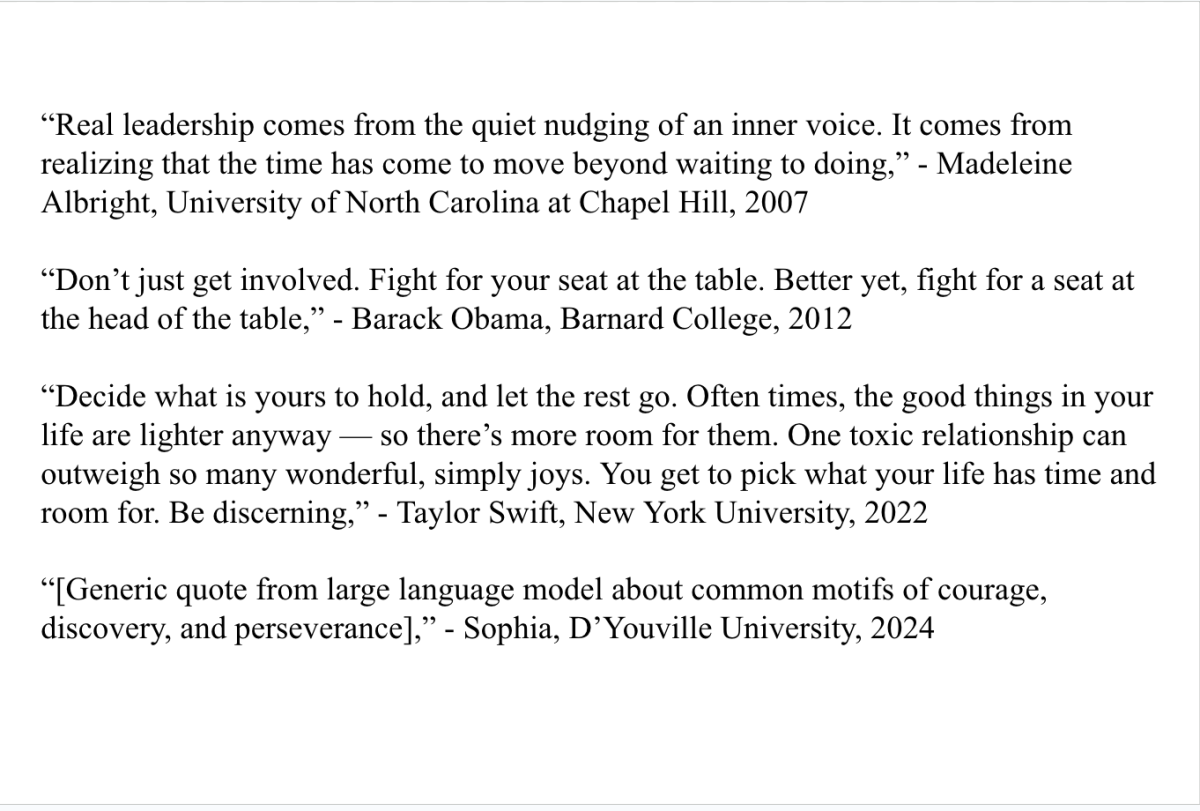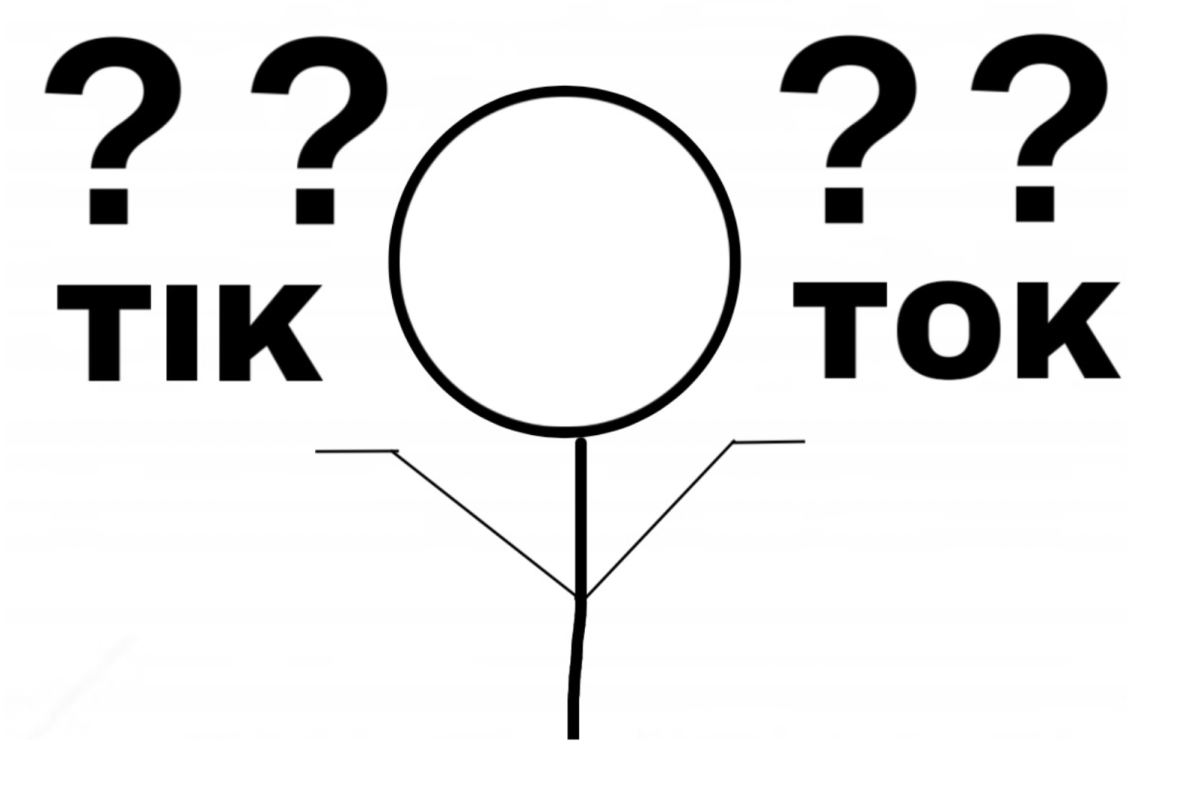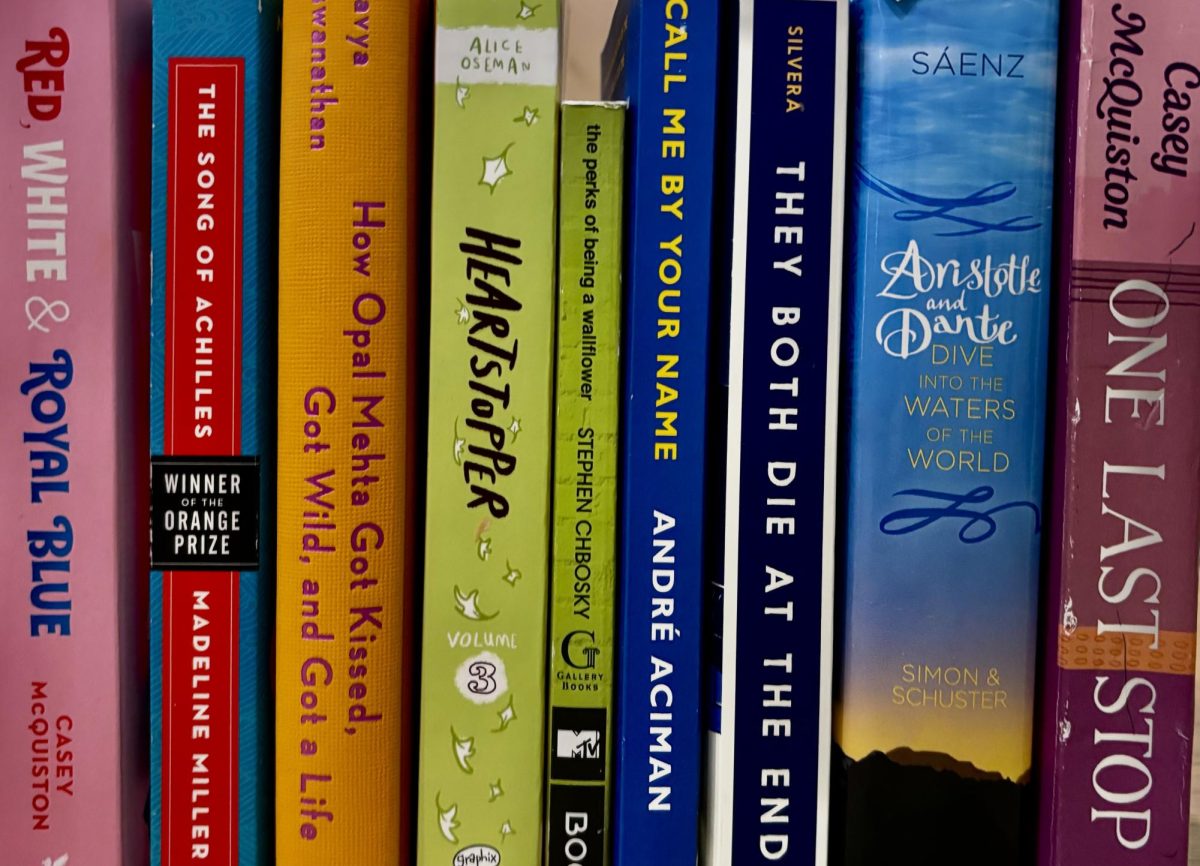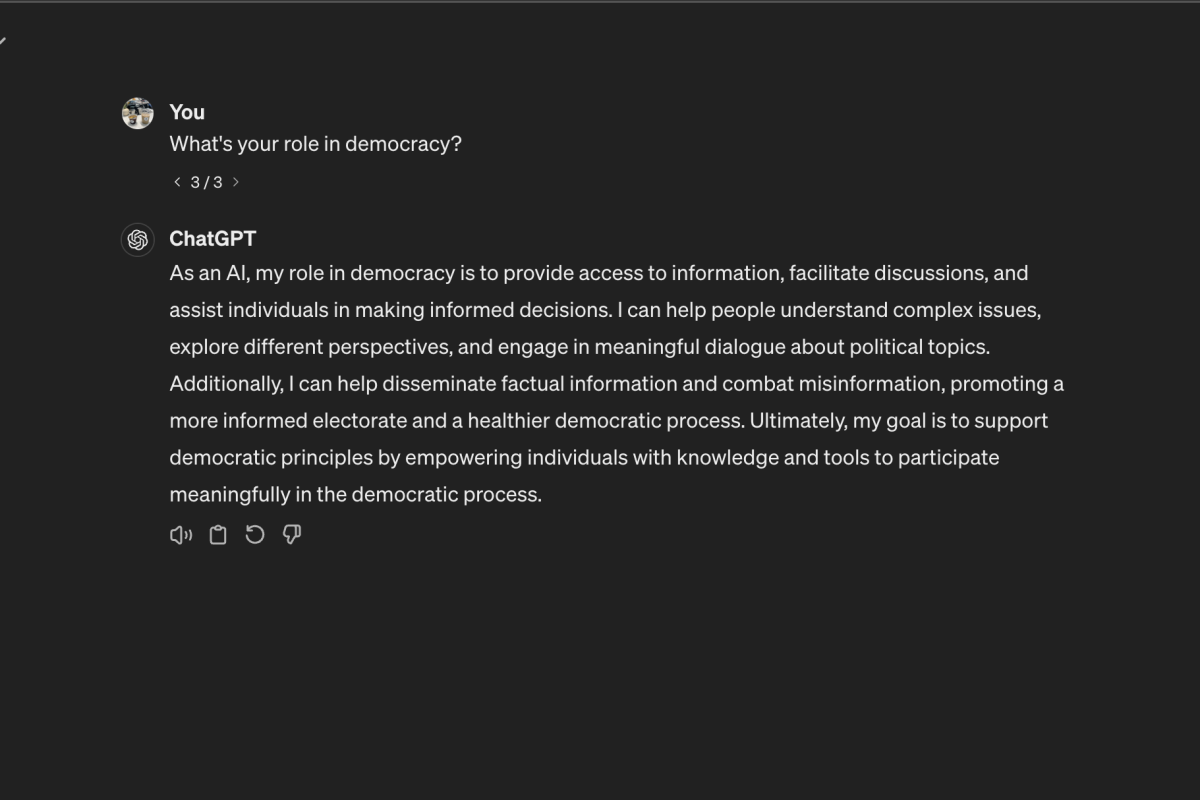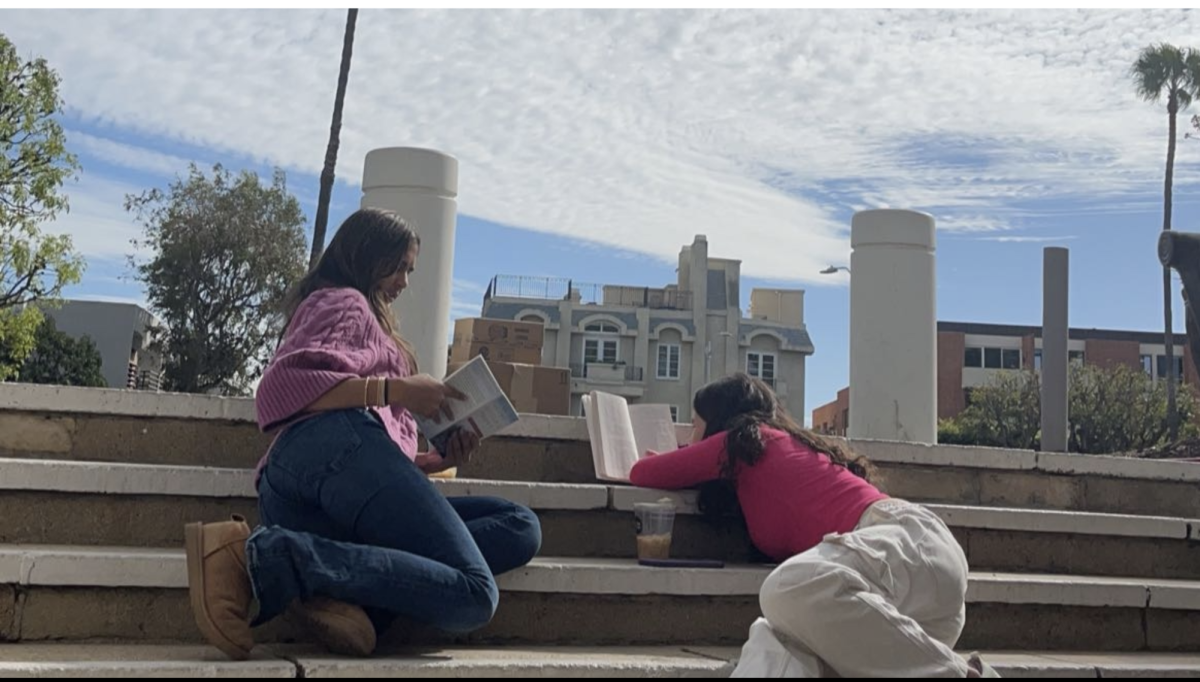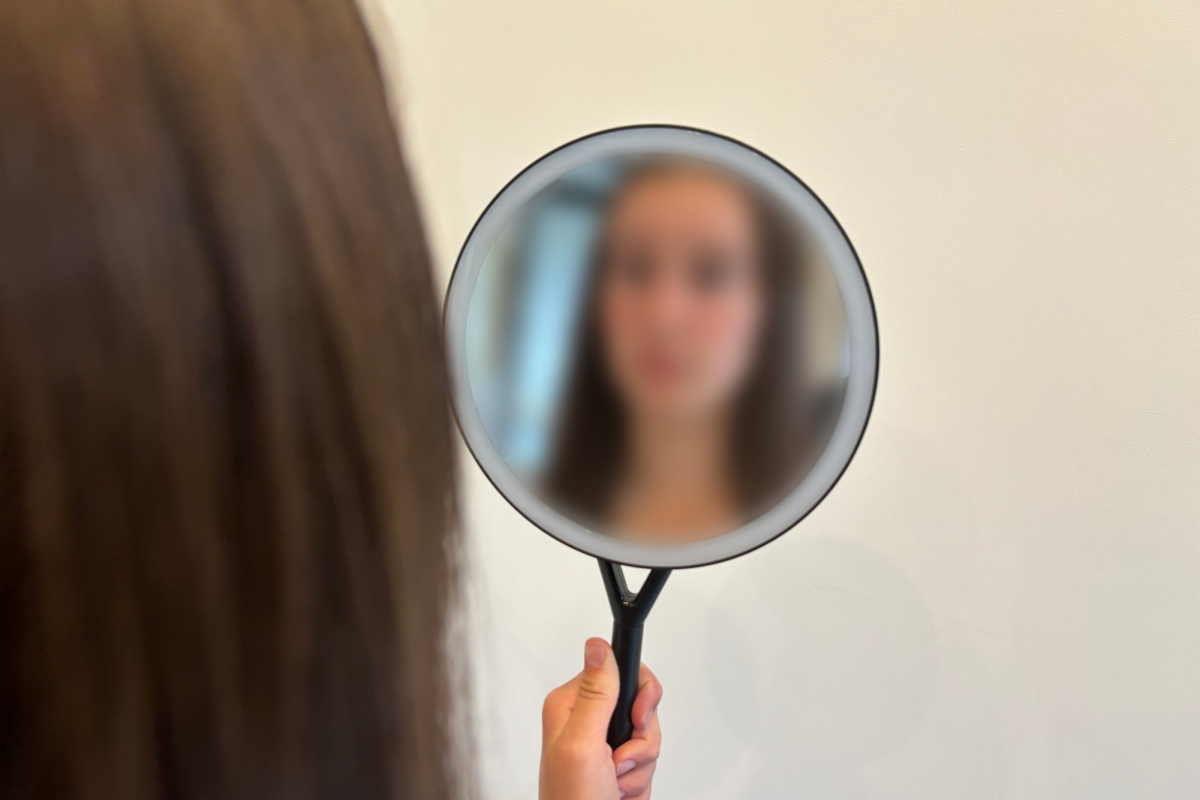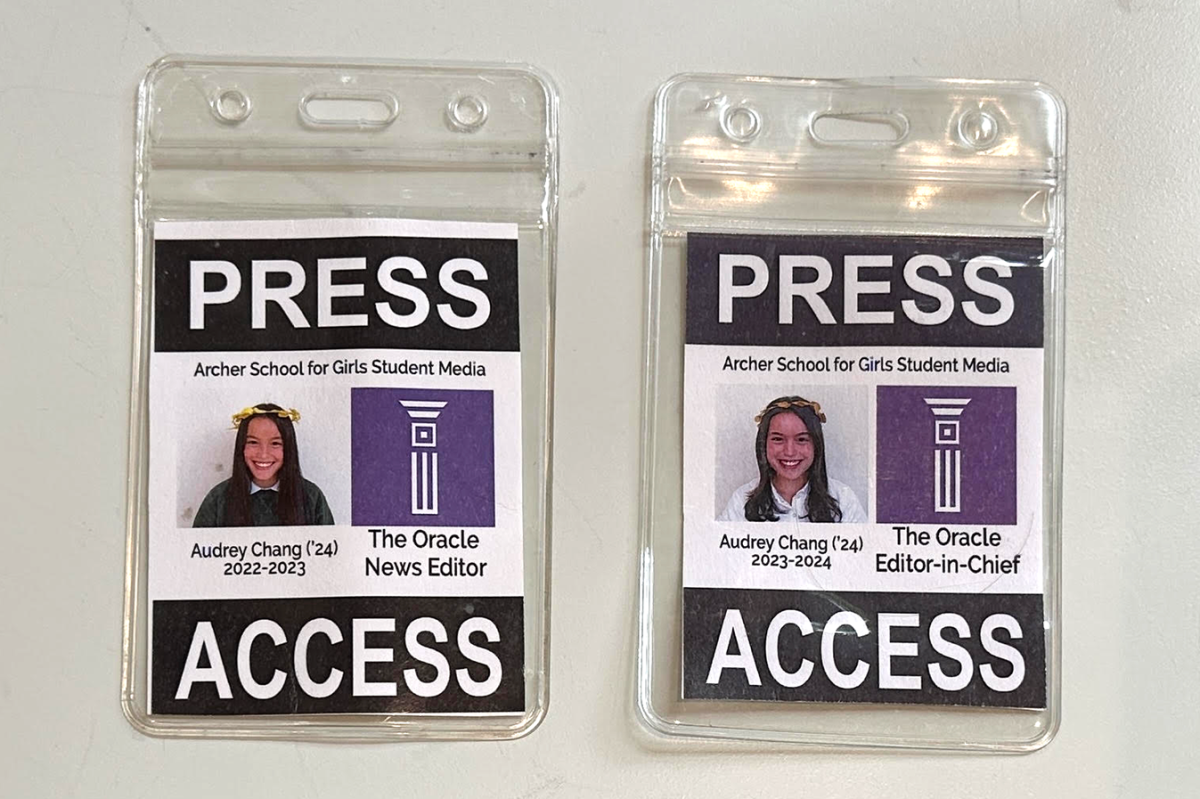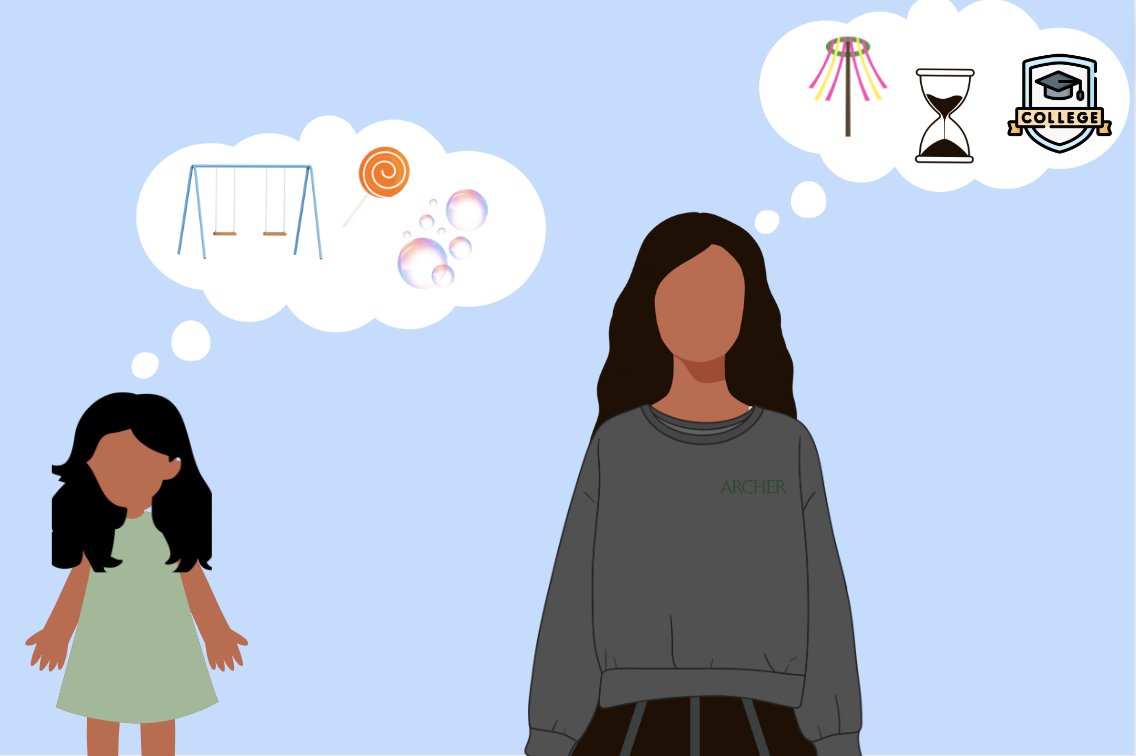In my professional opinion alone, my 7-year-old brother is ready to begin reading the “Harry Potter” series: a staple in a young reader’s childhood. For me, Harry Potter serves as a whimsical alternative to our chaotic reality and is a “couldn’t put it down” read for all ages. There is nothing like your first trip to Hogwarts, so passing down this tradition seemed obligatory. However, upon introducing the idea to my brother, he told me his school librarians advised him not to read this wizardly series.
In schools all over the country, angry parents are demanding that administrators censor “inappropriate” content. As a result, there has been a spike in attempted literary censorship in school districts. If you are unfamiliar with the book bans I am referring to, let me enlighten you. According to Banned and Challenged Books, there have been 695 attempts to censor library materials and services, as well as challenges to 1,915 unique titles since Jan. 1.
Archer’s Tia Palermo Library recently displayed books banned nationwide in honor of Banned Books Week. With an intent contrary to our display, my brother’s school librarians advised him against reading banned books for fear of controversy. Besides author JK Rowling’s problematic reputation, I couldn’t understand why the “Harry Potter” books themselves would be off-limits. My personal favorite excuses include the novel’s “Satanism,” themes of “anti-family” and containing real spells and curses. Now, just to be safe, I tested this theory by shouting “avada kadavra” (Harry Potter’s renowned “killing curse”) at the spider in my bathroom. It’s safe to say that insect swatter stores can stay in business.
Distraught and confused as to why he was taught to avoid banned books, I assured my brother these were important and educational reads, despite their possibly controversial topics. As his resident moody teenage sister, he was less inclined to believe me compared to the trained librarians at his school.
Hopefully, this is just a glitch of naivety, and not all of today’s young readers are apprehensive about reading banned books. But since some of the books on Barnes and Noble’s banned books list rank high on my favorite reads list, think of this as a recommendation to explore these “inappropriate” reads.
In this “discouraged” category lies “Where the Wild Things Are,” or, god forbid, “Hop on Pop.” Featuring crude racial stereotypes and insensitive illustrations, Seuss has been repeatedly criticized as an author, however, “Hop on Pop” was banned for a much more bizarre reason. Apparently, readers are worried the book will actually encourage children to hop on their pops; it was banned for promoting abuse against fathers. And what a safer place the world is because of it. This is one of many instances of severe sensitivity and unnecessary censorship.
I’m assuming most of us have graduated reading levels beyond kindergarten, and don’t you worry — there are plenty of higher-level “alarming” books on this list. Classic high school English class book “Fahrenheit 451” and my ninth grade English teacher Mr. Russo’s favorite, “Lord of the Flies,” are among them.
For my friends who prefer books with movie adaptations, the teenage classic “The Perks of Being a Wallflower” is on the list. After relentlessly encouraging my friends to read Stephen Chbosky’s novel, it was widely loved even by my non-reader friends. But of course, its mentions of PTSD, suicide and mental health deem it an automatic ban. While these are notably sensitive topics, erasing them from the conversation doesn’t erase the problem of poor mental health itself.
While difficult to digest, reading these novels and exposing oneself to difficult topics is what expands our tolerance and compassion. Alice Osseman’s “Heartstopper,” a graphic novel series filled with adorable pastel cartoons, was also banned in certain school districts for showcasing a spectrum of sexualities and sexual activities. “Heartstopper,” among other banned books, educates about socially deemed taboo topics and promotes acceptance of all identities.
Reading a new book is delving into and experiencing a new world through new eyes. All these banned books do is expose us to new, sometimes harsher, realities; exposure to these realities enlightens us and diminishes prejudice. Books help children and teens face the fact that some of our struggles are deeper than “boy drama” or “bad grades.” Banned or not, these taboo topics like sex, mental health and discrimination are ever-present issues in our society.
Crabby parents or stubborn government officials who justify censorship to avoid “triggers” send us back to suffering in silence in fear of starting controversy. Displays of vulnerability expand our perspectives, so the more censorship is established, the less educated younger generations will grow to be. So, whether it’s rereading the “Harry Potter” series or analyzing “Lord of the Flies” a little more in-depth, each banned book checked out is a step in the right direction.








